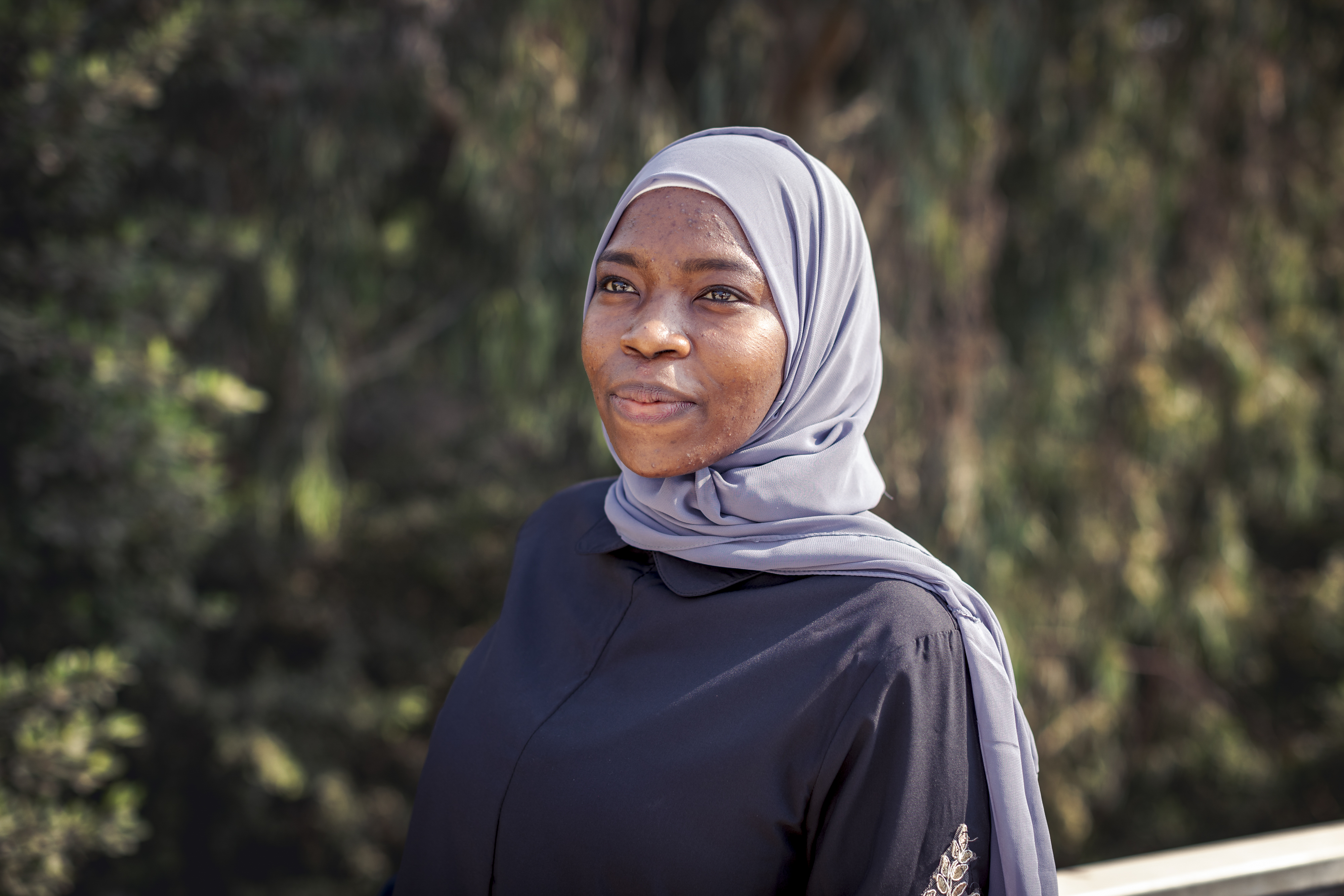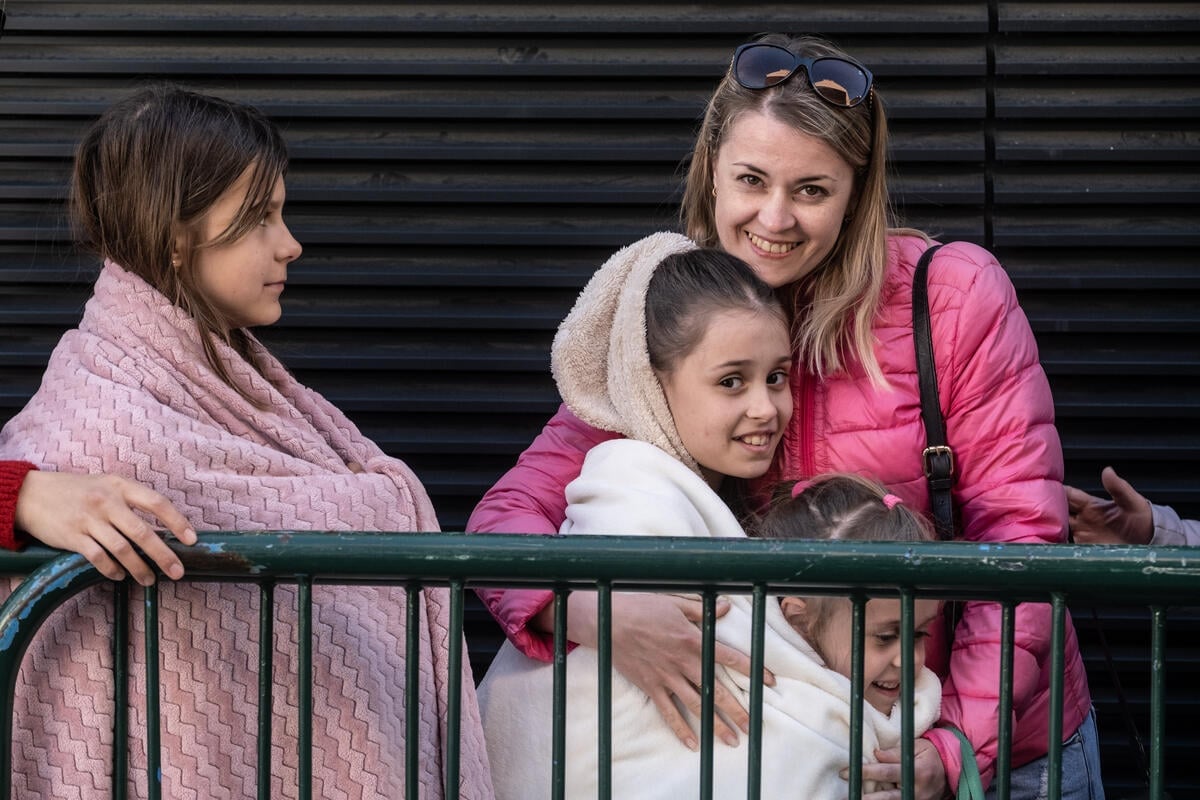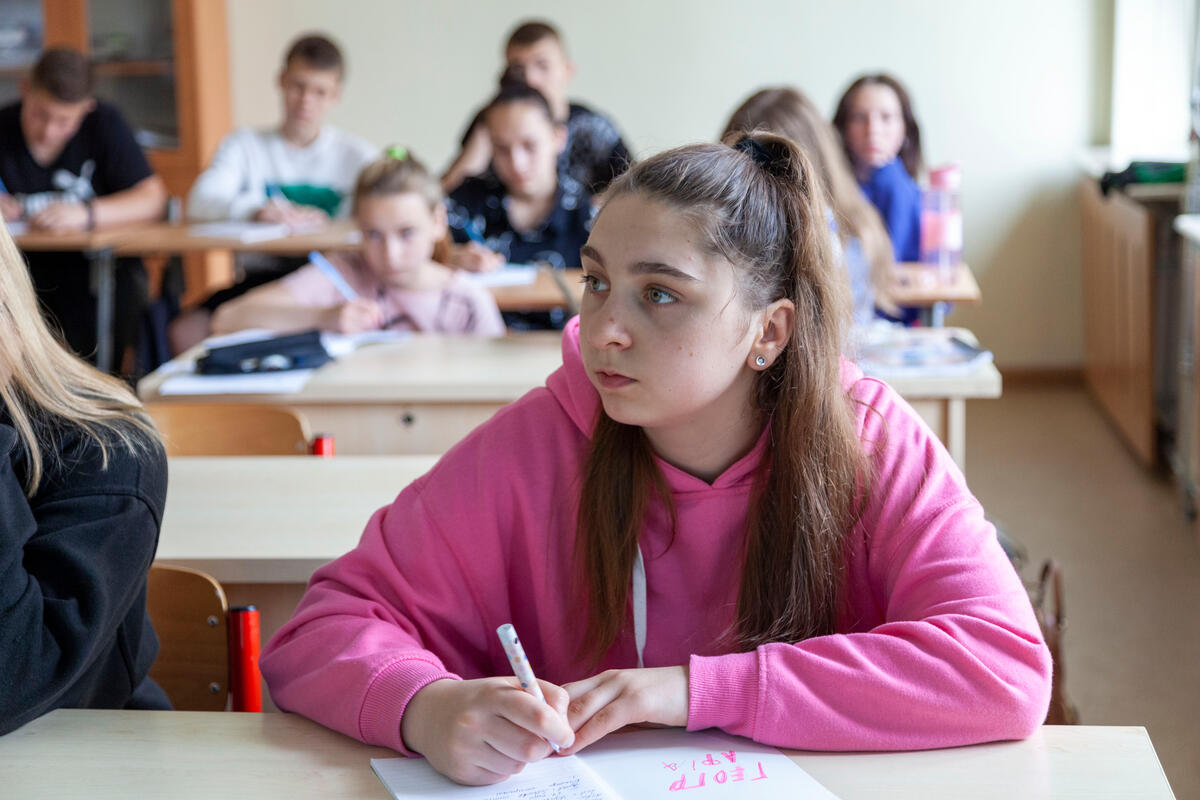Rwandan refugee qualifies as a doctor thanks to DAFI programme
Rwandan refugee qualifies as a doctor thanks to DAFI programme

NEWCASTLE, South Africa, January 30 (UNHCR) - Egide Ndayishimiye, a Rwandan refugee who found safety in South Africa, has now added the title doctor before his name thanks to the DAFI scholarship programme funded by Germany and managed by UNHCR.
"I am happy to inform you that I have managed to pass all blocks of my final year and I qualified as a doctor," he wrote to UNHCR this month. "I will be doing a two-year internship programme at Madadeni/Newcastle Complex. I don't know how to express my gratitude but I really want to say that you helped me a lot and that without DAFI assistance my life would have been different."
Through the Albert Einstein German Academic Refugee Initiative (DAFI), UNHCR provides scholarships to qualified refugees for studies at universities and colleges in more than 35 countries of asylum and, recently, countries of return. Dr. Ndayishimiye had received a DAFI scholarship to study medicine in South Africa at the Nelson R Mandela School of Medicine at the University of KwaZulu Natal.
The DAFI programme was set up by Germany in 1992 and is a vital part of UNHCR's strategy to promote self-reliance and durable solutions for refugees. It is often the only option available for refugees to continue to tertiary education.
Thanks to their areas of expertise, DAFI graduates can provide crucial contributions to the refugee community as well as the reconstruction of their countries. The results have been highly positive: 95 percent of DAFI graduates are in jobs, with more than 70 percent in sectors relevant to the development of their countries.
In recognition of the impact these graduates can have, the German government increased its funding for the programme last year from US$2 million to almost $5 million. That allowed UNHCR to increase the number of scholarship holders to 1,700 refugee students.
In 2007 1,082 students originating from 30 different countries had received support. The students - 58 percent of them men - were mainly studying in Africa or Asia although there were also some scholarships provided in Eastern Europe and Latin America.
Depending on the needs and the resources available to individual UNHCR country operations, scholarships can cover both the costs of tuition and living expenses. Selection of the candidates is carried out by UNHCR - with assistance from its operating partners - and the German government.









